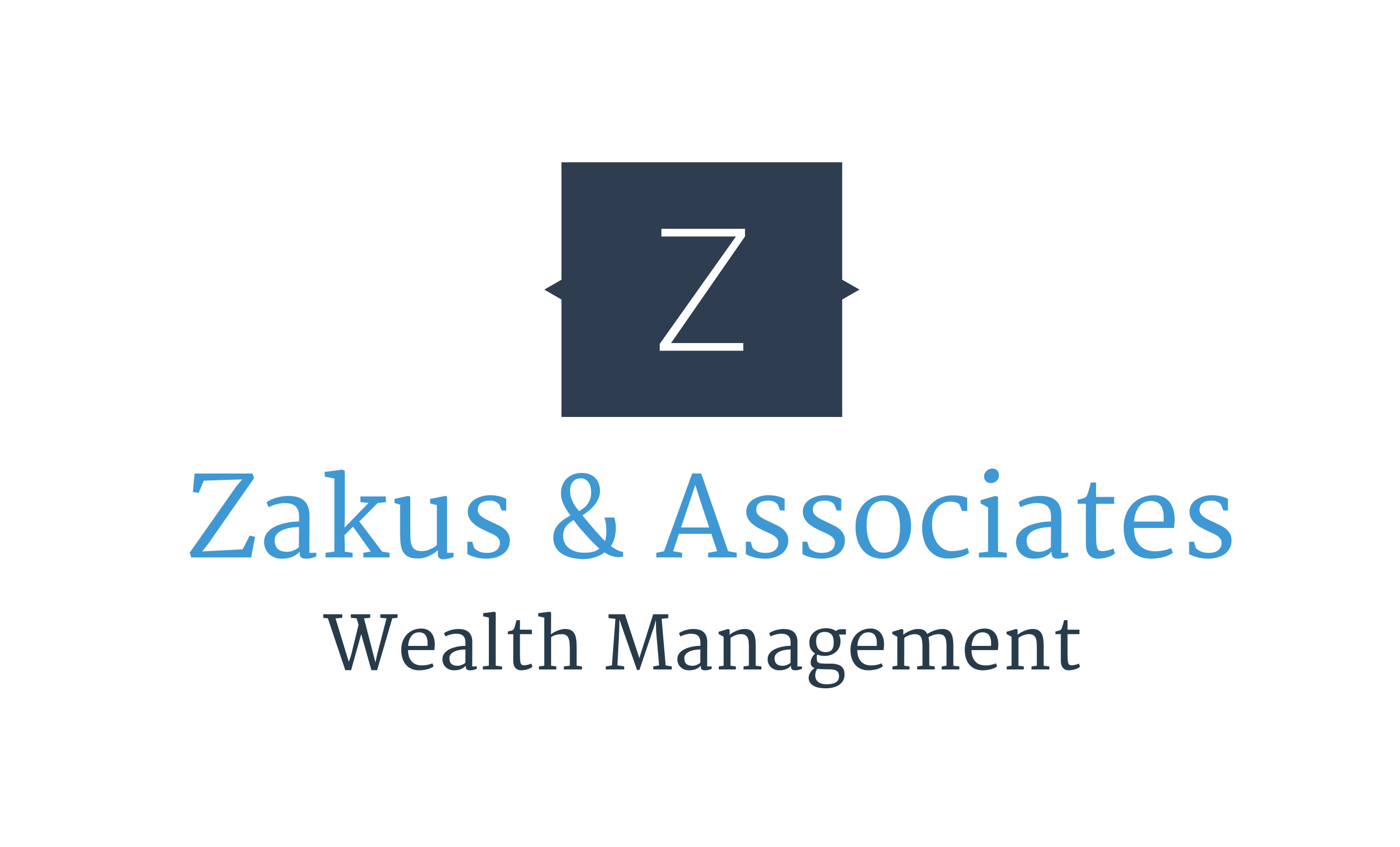Let’s Talk……..Critical Illness Insurance
If you’re like most people you understand the need for Life Insurance to help protect your family and provide for them when you are gone. You buy car and home insurance in the event of an accident or a flood. But what about helping to provide for your family if you are still with them but suffering from a Critical Illness?
Every year, hundreds of thousands of Canadians suffer from serious illnesses each year. In their 2018 publication, the Canadian Cancer Society estimates that 206,300 Canadians will be diagnosed with cancer in 2017, and that number is expected to increase. Similar projections regarding heart disease came from the Heart & Stroke Foundation, projecting that the number of people affected with heart disease has nowhere to go but up.
Thanks to advances in medical science, the majority will survive, but recovery is often long and carries a financial expense that can leave families devastated. While we are fortunate to live in a Country that provides Universal Health Care, there are a number of expenses that they don’t cover.
Non-medical costs may not be covered by provincial health plans or basic health insurance so you may have to cover things like:
· travelling to and from treatment or appointments
· some drugs
· child care
· home care
· nutritional or food supplements
· medical equipment or supplies
You may also need to take unpaid time away from work, or if you are self-employed, the financial impact of a Critical Illness can be hard for you and your family.
What can Critical Illness Insurance Do for Me?
Critical Illness Insurance provides a tax free benefit when you are diagnosed with a covered condition and you meet the waiting period. The full list of covered illnesses varies from provider to provider, but typically they will cover 25 conditions, which include Cancer, Heart Attack, Stroke and Coronary artery bypass which are considered the four “Big” conditions.
Consider these statistics
· 1 in 2 Canadians will develop Cancer in their lifetime.
· The average cost of a single course of treatment with current cancer drugs is $65,000 with the individual being responsible for up to $13,000 or more of the cost.
· 10min – Someone in Canada has a stroke every 10 minutes.
· 75% of those who have a stroke live with some impairment or disability.
· An estimated 564,000 Canadians are currently living with Dementia.
If you are diagnosed with a Critical Illness, how long could you live off your savings or would you need to redeem investments to maintain daily living. Could you reduce your expenses? Would you have to delay retirement? Go into debt? Or even downsize your home?
Critical Illness Insurance provides a benefit when it is critical and is designed to help take your mind off your finances so you can concentrate on getting better.
If you haven’t added critical illness insurance to your plan we can help…..Let’s have a quick chat to make sure your family and your future are secure.
The information contained in this post is not intended as insurance, investment, tax or legal advice and is provided as information only. To learn more please email us at [email protected]
Want more Insurance and retirement savings tips? Sign up for our free newsletter on our home page.



